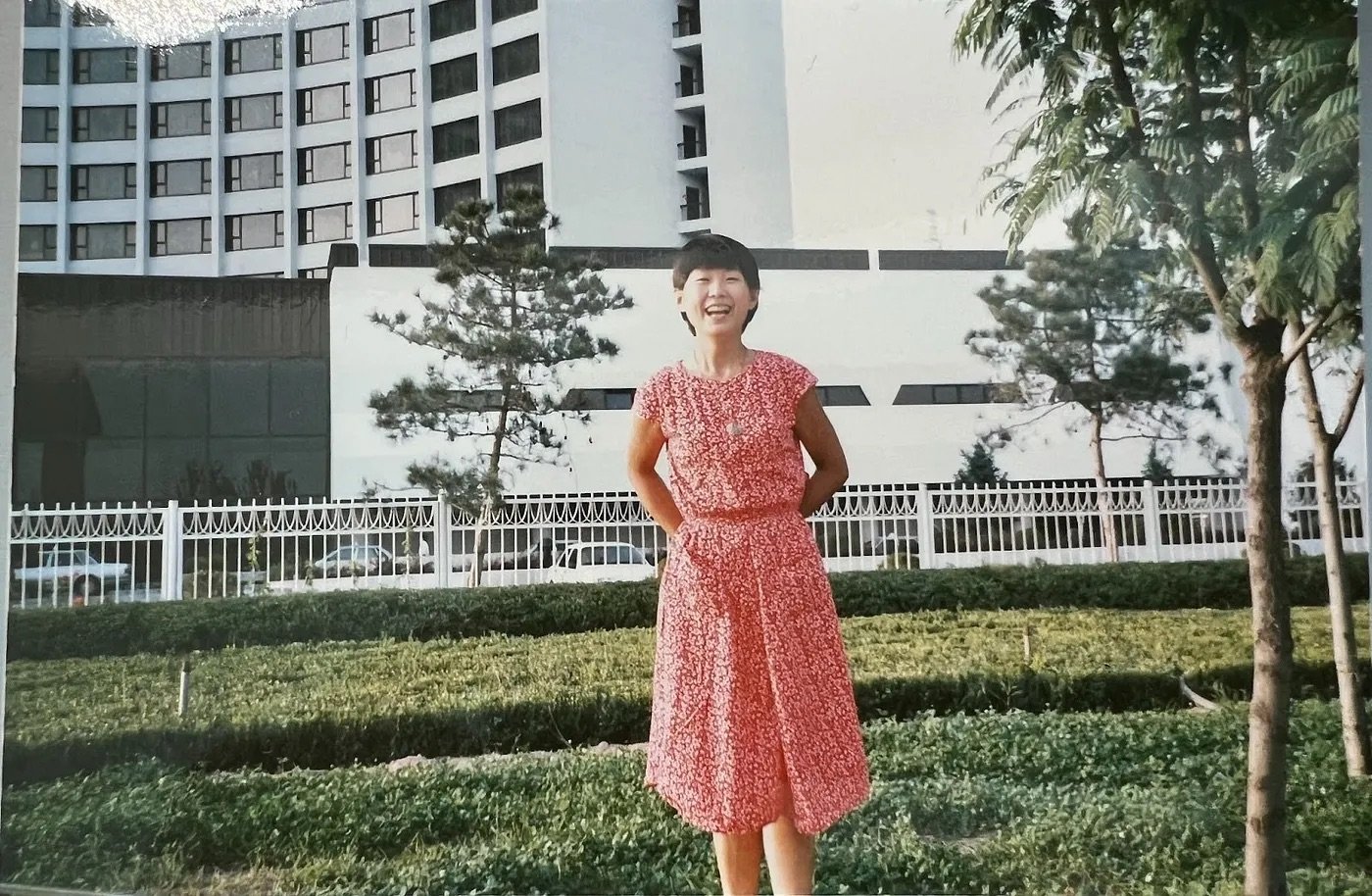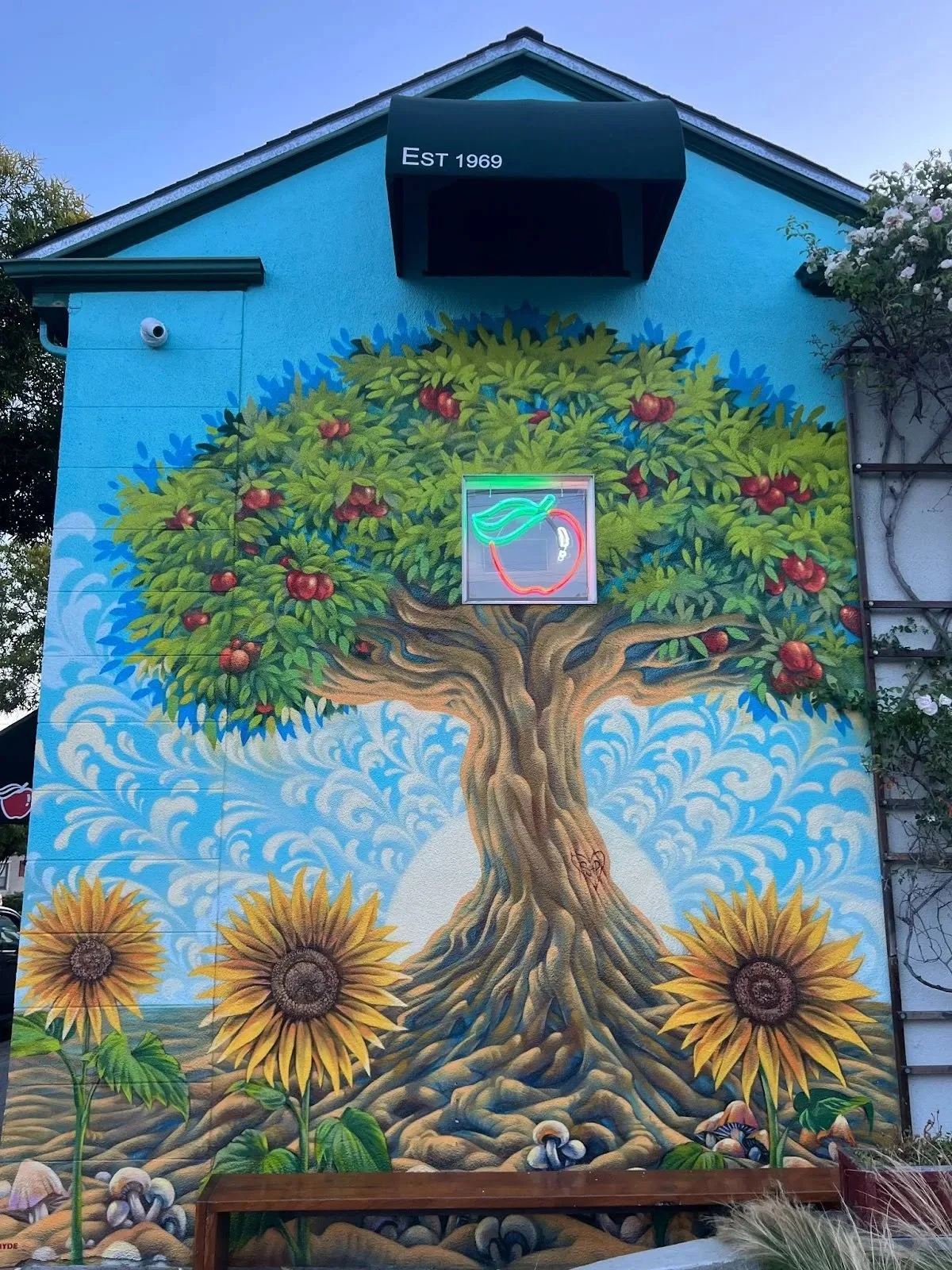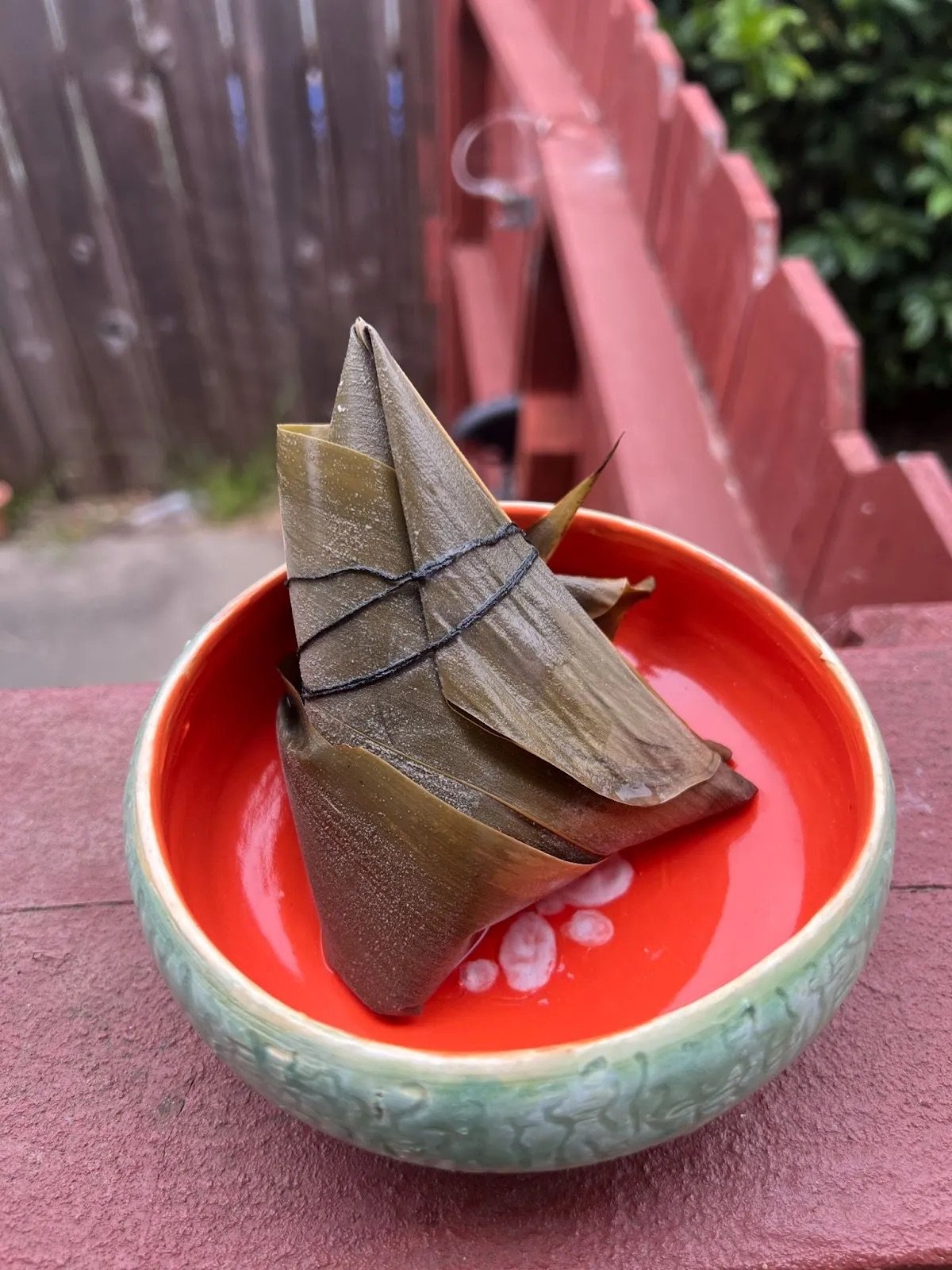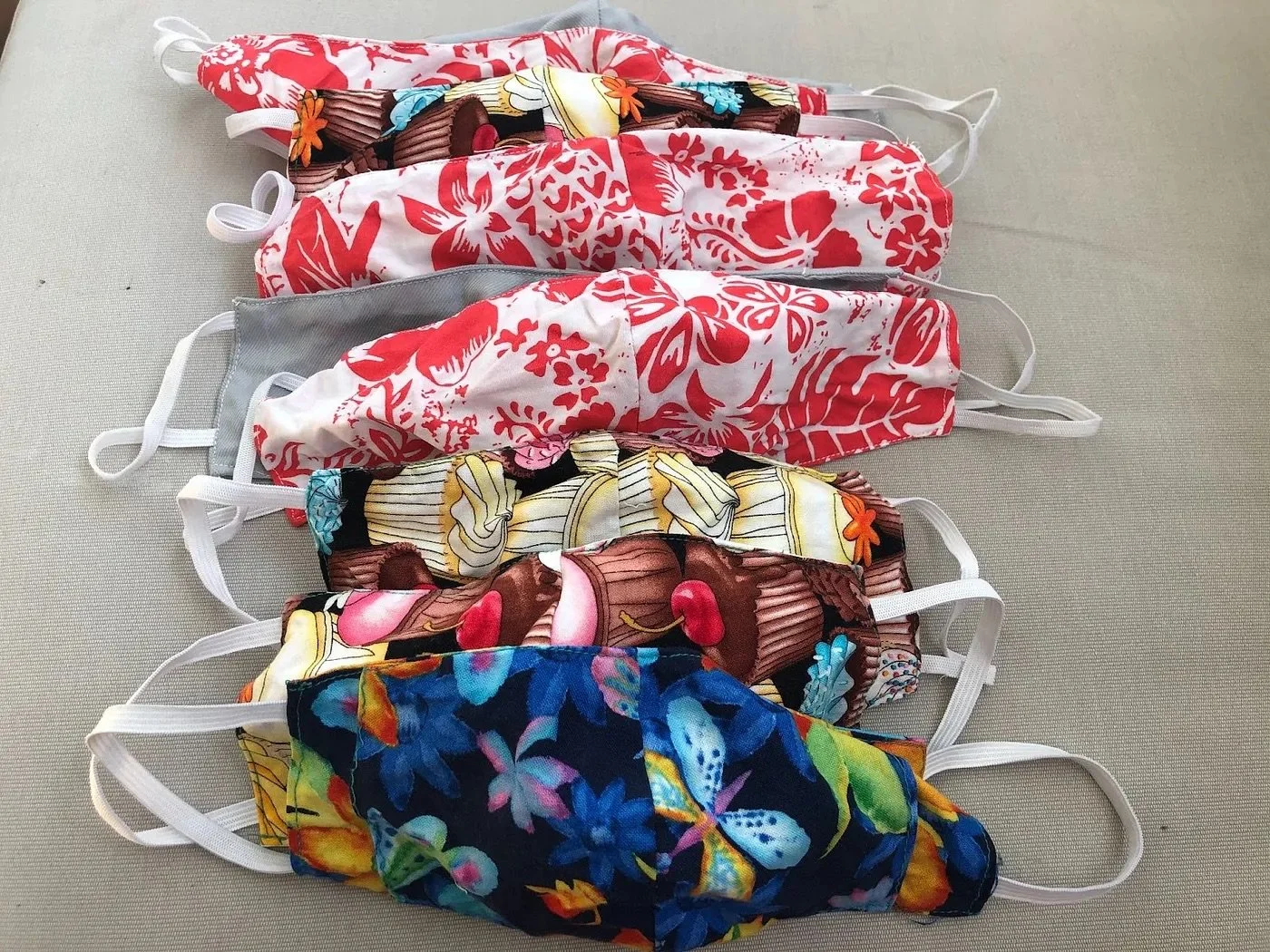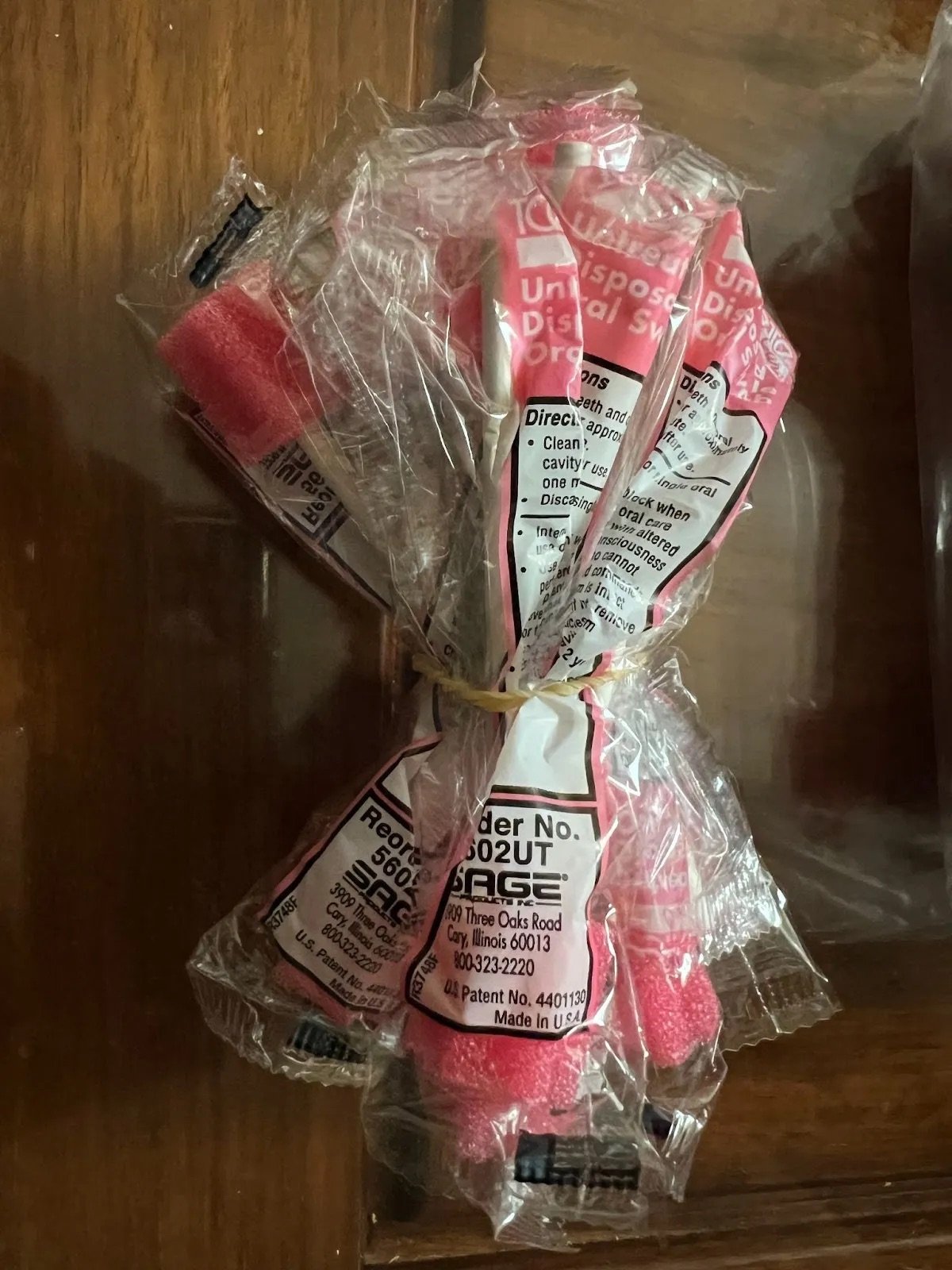Lucy on stage, stressed, in her 20's
I was walking to the podium, staring at hundreds of faces in the audience. As the applause quieted down, I started reciting the Chinese poem, but suddenly I stopped after the first paragraph. My mind went blank. My heart was pounding. I felt thirsty, nauseous, and suffocated. The air froze. I thought I was going to die. I was 20 years old.
It was my sophomore year in college in Beijing, and I was performing on stage, celebrating the Mid-Autumn festival, the second-largest holiday in China. It was the first time that I had performed in front of hundreds of students. I hadn’t slept well for three nights leading up to the performance. The poem was a simple one with just four paragraphs, taking about three to four minutes to recite. It did not take me long to memorize it, but I lost sleep because I was terrified of forgetting the lines. I did not know any techniques to help relieve stress at that time. Little did I know that one day I would become an expert in teaching people how to overcome fears and manage stress.
Last month, I traveled to Paris to watch my friend Hannah Chadwick compete at the Paralympics. She was a blind orphan in China and adopted by her American parents Pat and Steve, 20 years ago. You can read her story at Chapter 6 of my book, Build Resilience: Live, Learn, and Lead. While cheering from the audience, I couldn’t help but notice the immense stress that each of the athletes faced. I prayed that she would stay focused and not be distracted by anything.
In the second event, Hannah competed in the Women’s B 3000m race. I could feel the tense atmosphere surrounding the athletes, judges, staff, and audience. I finally relaxed after Hannah’s race. The last round featured the French and British teams. Once the start bell buzzed, the two teams dashed off as the audience cheered loudly. Suddenly, a sharp, loud buzz rang through the stadium, and both teams slowed down and stopped. The cheer turned into murmurs of confusion. “What’s going on?” People asked each other. Finally, someone near me, with good eyesight or knowledge of the rules, shared that the French team had claimed an equipment failure. The judges inspected the equipment and discussed the next steps. The replay on the big screens showed that the French team members shaking their arms in the first few seconds. There seemed to be something wrong with the bicycles. Since I was sitting among British fans, people around me suspected that the French team might be given another chance, which seemed unfair to the British team. They questioned why the British team couldn’t just continue.
Five-ten minutes later, the judge made the decision of disqualifying the French team because the bicycle had not malfunctioned. “Poor French team”, everyone sighed, was curious why they appeared shaking if it was not due to the equipment malfunctioning. I thought that it must have been related to the pressure and stress the athletes were experiencing. When you are under tense pressure, your body may shake due to the stress and anxiety. What a game!
Hannah Chadwick and Skyler Espinoza, competing at Paralympics 2024, Paris; Lucy’s watching in audience
Later on, Hannah shared that a similar thing had happened to her — she had thrown up right before the 1000 m race. You can imagine the stress level was so high that the body responded this way. These are top athletes in the world competing in the Paralympics and they are supposed to have strong and resilient minds and bodies, yet even they can experience such intense physical reactions. According to PsychCentral, “when anxiety is extreme or you have a panic attack, nausea can become so intense that you vomit or dry heave.”
Mayo Clinic reports stress symptoms include the following:
Upset stomach
Headaches
Exhaustion and difficulty sleeping
Restlessness and difficulty focusing
Weakened immune system
Increased risk of anxiety disorder and depression
Stress harms our health in the long term. That’s why we need to manage stress to live a healthy life and successful life. Stress management helps us focus, perform our best, and relax our body and mind. Here are several strategies that help me under immense stress.
Before the high-pressure event.
Prepare and rehearse thoroughly to build confidence.
Meditate daily to clear negative thoughts.
Talk to close friends about the event and seek help.
2. On the day of the event and right before it.
Visualize each step with a smile.
Speak to the mirror “I am confident. I am successful. I am in control.”
Extend your arms high and stand tall.
3. During the event.
Focus on the material rather than the large audience.
Smile, both outwardly and inwardly.
Breathe deeply and slowly during challenging moments, such as forgetting a line or facing a negative reaction from the audience.
I learned these techniques from my own experiences and reading. I have used these techniques in my presentations, business meetings, toastmasters contests, and PTA board meetings. They have helped me show up confidently and calmly. At work, I succeeded and became a risk management executive. In my community, I delivered excellent speeches and influenced people. As a coach, I have shared these techniques with many people to help them build resilience, with stress management being a key component. I wish more people would learn these simple steps.
So, what happened to me that night when I recited the Chinese poem? Of course, I did not die. I froze on the stage, sweating while people stared at me with pity. After a long pause, I skipped the second paragraph and jumped to the third because I had lost my train of thought. After the third paragraph, I remembered the second, so I recited it before finishing with the fourth. I put a smile on my face and bowed to the audience, who applauded as I walked off stage. “Whew!” My friend later praised me: “I saw you pause, and I was worried you’d cry and wouldn’t be able to finish… But you picked it up and did great! I’m so proud of you.” I asked, “Did you notice I switched the paragraphs?” She looked surprised: “You did? No one could tell. Good job!” I smiled and proudly shared the deep breathing technique that helped me through it.
Lucy laughing, joyfully and confidently, in her 20's
Life is stressful. But, we can all learn techniques to relieve stress. Stress doesn’t have to be scary when we become more knowledgeable and empowered. What’s truly scary is to stop learning and let fear and stress control your life.
Dear friends, are you ready to live a healthy and successful life? It’s time to look at the mirror, open your arms, and say “I am confident. I am successful. I am in control.” And don’t forget to thank the friends and family who support you. Gratitude is a powerful tool.



